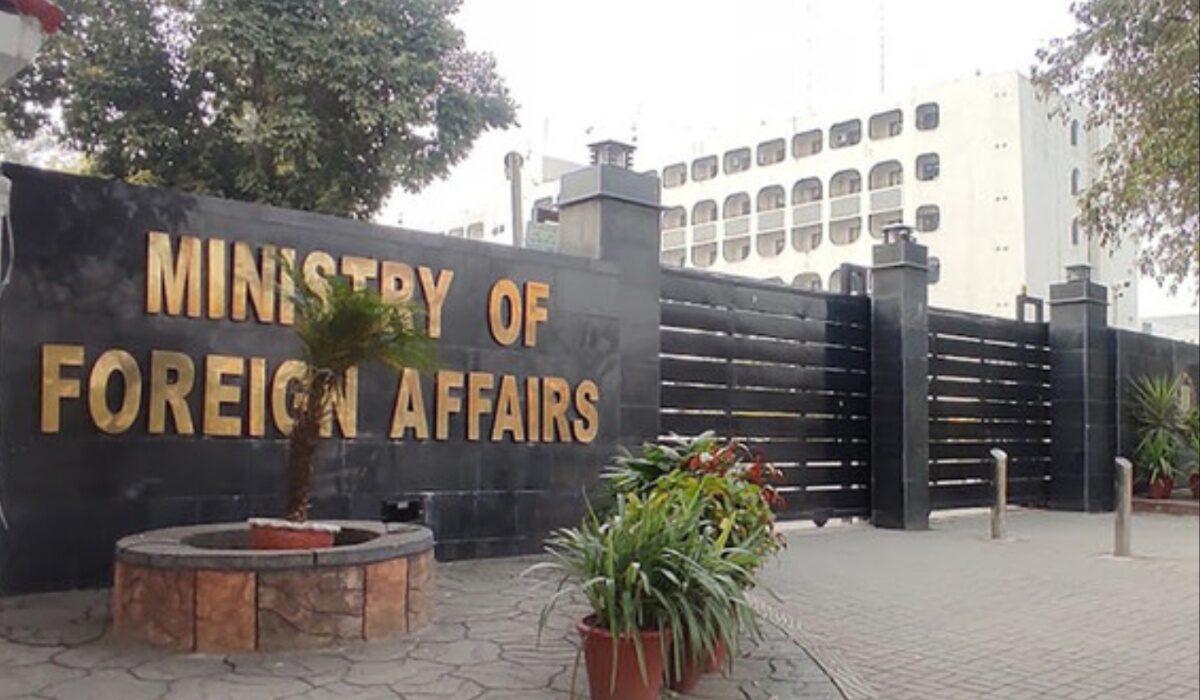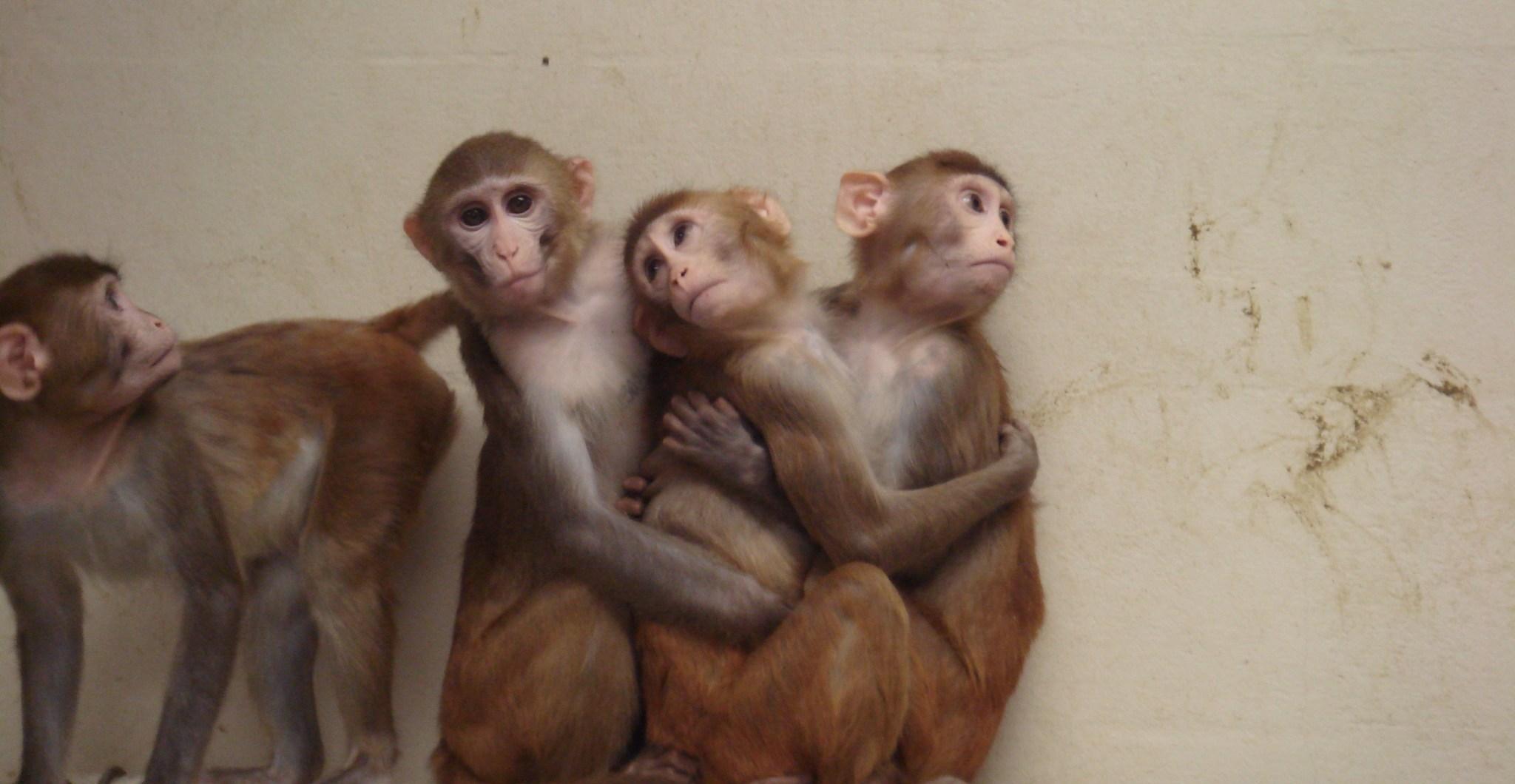Int’l Women’s Day: Women shaping sustainable future in Karachi’s katchi abadis
KWSSIP, in collaboration with NRSP, is tackling WASH issues while empowering women as key drivers of community change

(Web Desk): Pakistan's journey toward gender equality in development initiatives has faced significant hurdles, particularly in empowering underprivileged women. Deep-rooted socio-cultural norms, limited educational opportunities, and systemic gender disparities have historically sidelined women from decision-making processes, especially in low-income urban and rural communities. However, through targeted interventions, organizations are working to break these barriers and foster inclusive development.
In Karachi’s katchi abadis, the challenges of water, sanitation, and hygiene (WASH) are particularly pressing. While these communities struggle with access to clean water and proper sanitation, meaningful progress is being made through collaborative efforts between key organizations.
The Karachi Water & Sewerage Services Improvement Project (KWSSIP), in collaboration with the National Rural Support Programme (NRSP), has spearheaded an initiative that is not only addressing WASH concerns but also placing women at the heart of community-driven change.
Under the "Strengthening of Katchi Abadi Cell and Engagement of Community-Based Organizations (CBOs)" initiative, the project is fostering a sense of ownership and responsibility among marginalized communities. It focuses on sustainable community mobilization in Karachi’s katchi abadis. Initially, the project is working in Soba Nagar in District Central and Essa Nagri in District East, two urban low-income areas facing critical WASH challenges. What sets this initiative apart is its commitment to ensuring women's active participation in shaping solutions that impact their daily lives.
Women have long been the silent stakeholders in water and sanitation issues, disproportionately affected by poor access and inadequate facilities. By forming and strengthening community-based WASH committees, the initiative is enabling women to step into leadership roles, voice their concerns, and implement sustainable solutions. This transformative approach is not only improving access to clean water but also redefining gender roles within these communities. Additionally, the project is further strengthening women’s role by ensuring their presence in community-based organizations (CBOs) formed in these areas, providing them with platforms to actively participate in decision-making and community-led development efforts.
A key aspect of the initiative is equipping women with the knowledge and skills necessary to manage water distribution, household metering, and tariff collection. This not only promotes better water conservation but also ensures a fair and transparent system for households. By taking charge of these responsibilities, women are breaking stereotypes and demonstrating their ability to handle complex community affairs.
Beyond infrastructure and service improvements, this initiative is fostering a culture of gender inclusivity and empowerment. Women who were previously excluded from decision-making processes are now at the forefront of community-led initiatives.
“Women are the backbone of our society. When they rise, the entire community rises with them. Their participation ensures that development efforts are inclusive, sustainable, and impactful,” says Saina Ali, Gender Specialist at the project.
“When women are empowered to lead, communities thrive. Their insights and determination not only drive sustainable solutions but also create a ripple effect, inspiring collective action for a healthier and more equitable future,” says Qandeel Alam, Community Mobilizer at the project.
“Community development is not just about infrastructure; it’s about people. When women take the lead, we see long-term, meaningful change that benefits everyone,” adds Qandeel Alam.
The impact of empowering women in Karachi’s informal settlements extends far beyond the WASH sector. It builds confidence, nurtures leadership skills, and encourages women to advocate for their rights and community needs. As they gain experience in decision-making and problem-solving, they inspire the next generation of female leaders, proving that sustainable development is only achievable when women are active participants in shaping their communities.
The initiative stands as a testament to the power of grassroots efforts in driving long-term change. By involving women in solutions that directly affect their well-being, the project is not just improving water and sanitation services but also laying the groundwork for a more just and inclusive society.
As the world celebrates International Women’s Day, this initiative serves as a powerful reminder that true progress is only possible when every individual—regardless of gender—is given the opportunity to contribute meaningfully. The journey toward gender equality in Pakistan’s development landscape is ongoing, but projects like this intervention in Karachi’s low-income communities offer a blueprint for a future where women are not just beneficiaries but leading agents of change.

Gold prices decline in Pakistan, global markets
- 12 hours ago
Usman Tariq confident Pakistan can bounce back after India drubbing in T20 World Cup
- 10 hours ago

FMs condemn Israeli decision to designate lands in Occupied West Bank as so-called ‘state land’
- 11 hours ago
Australia, Ireland out of T20 World Cup as Zimbabwe qualify after washout
- 8 hours ago

Pakistan, Bangladesh vow to work for regional peace, stability
- 5 hours ago

France’s extremely talented and extremely controversial ice dancers, explained
- 19 hours ago

US and Iran begin nuclear talks in Geneva as threat of war looms, Khamenei warns Trump
- 9 hours ago
11 security officials martyred, 12 terrorists neutralised in Bajaur assault: ISPR
- 11 hours ago
Ramazan moon sighted in Saudi Arabia, UAE; first fast tomorrow
- 5 hours ago
Karachi AC survives petrol bomb assault in Lea Market
- 5 hours ago
Tarique Rahman sworn in as Bangladesh’s PM after landslide election victory
- 9 hours ago

UNESCO awards Pakistan’s first ever peace education chair to Prof. Dr. Hussain Mohi-ud-Din Qadri
- 9 hours ago










